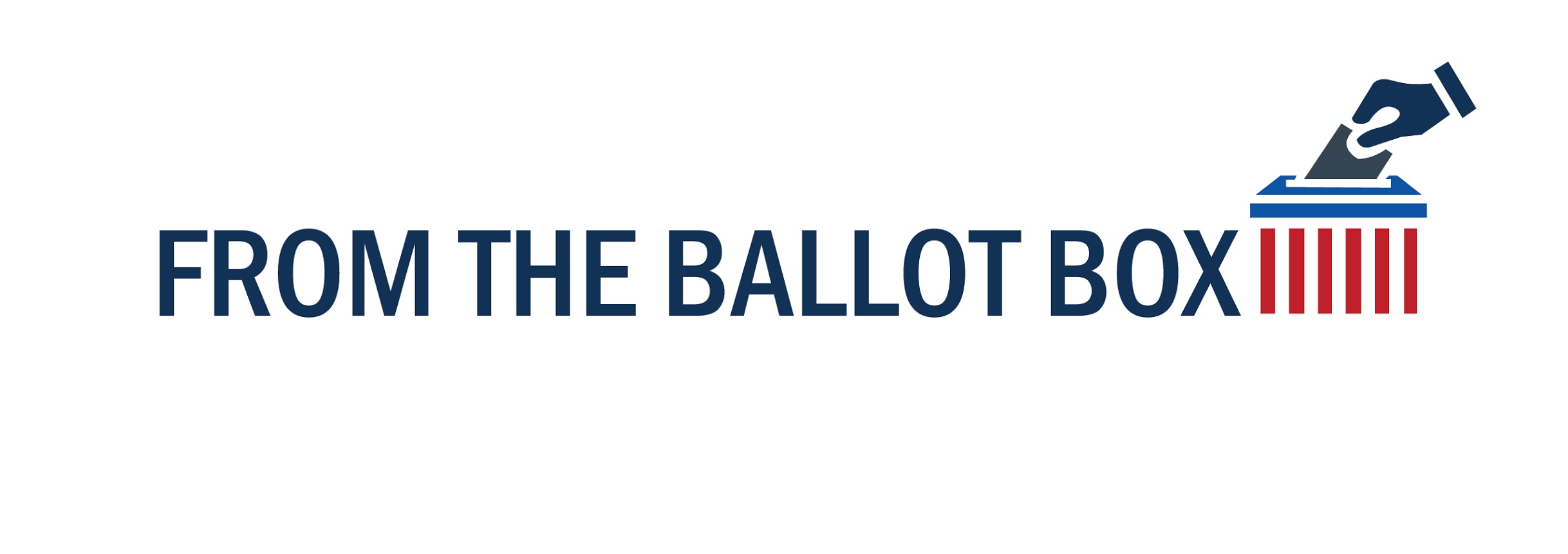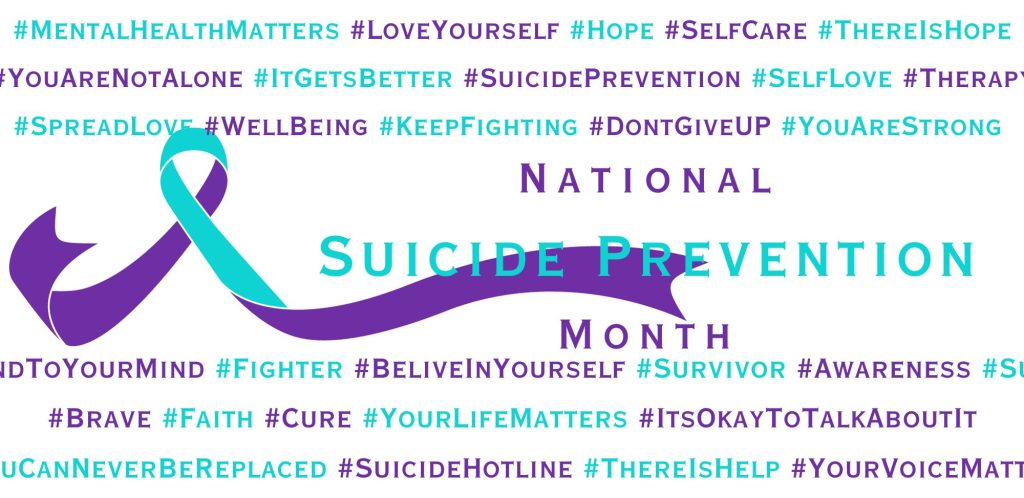Editor’s note: This article talks about suicide. If you or someone you know is suffering from mental illness contact the national suicide prevention lifeline at 800-273-8255.
Nearly 90% of college students across Utah “felt overwhelmed by all they had to do in the last 12 months” according to a 2019 Utah System of Higher Education survey. Approximately 60% said things had felt hopeless and 87% said they were “exhausted (not from physical activity).”
Overall, suicide is the leading cause of death for Utahns age 10-24, according to a 2019 report from the Kem C. Garder Policy Institute. And, most troubling of all, over half of Utah adults with mental illness did not receive mental health treatment or counseling.
These numbers are absolutely, unequivocally, unacceptable.
It is unacceptable that help is not being given to those who struggle, and it is unacceptable for mental health to be shoved on the back burner during college years by students and by institutions.
In all honesty, I have struggled with not prioritizing my health myself. I let getting good grades and keeping up with my peers take precedence over getting my anxiety under control for a long time.
This year I again let my schooling impede with taking care of myself. I did not sleep or eat. I did not take my medication. I ignored my needs to meet the expectations of others. I got lost in the mirage that living for my work would bring me happiness.
Everything around me reflected these were good decisions. My grades soared, my instructors praised my work, and the relationships with my friends grew stronger. But my brain was rotting. My actions were eating away at the creativity and ambition that helped me get where I am today.
There is no casual way to tell your professor you did not complete the assignment because you were too busy researching how much medication you need to take to kill yourself. Or that you did not show up to class because your insomnia has kept you up for 46 hours and counting. Or that the very act of opening your laptop has been giving you anxiety attacks.
I felt like I could not reach out. I could only think about how everyone has it hard during college, that I just needed to get over it and get my assignments in no matter what – that this struggle was what college is about.
That is not what college should be about.
Teachers, faculty and administration, it is clear DSU students need a way to tell you these things without feeling like they will be penalized or ignored. They need you to be understanding and accepting of the struggles they go through.
This could be in the form of a deadline extension, a friendly email, reminding students of office hours, or bringing up mental health resources throughout the semester.
DSU itself can help it’s students by making the Booth Wellness Center more accessible. As of now, students are unable to schedule an appointment online. For those with anxiety, making this phone call can be an incredibly difficult task and can prohibit them from instigating the healing process.
The university should also expand its wellness program and hire more mental health professionals who can offer therapy sessions. A staff of 10 is not nearly enough for a student population of over 10,000 students and counting. Students may even have to wait weeks to get a session or admit themselves in as a risk to themselves or others.
DSU should strive to meet better than a 1:1000 counselor ratio.
Mental health resources for college students have to be made affordable, accessible.
Meanwhile, students, it is time to start breaking down the barriers between us and those that make the decisions. We have to talk about what is affecting us openly and effectively because we can not expect a system to change by being silent.



